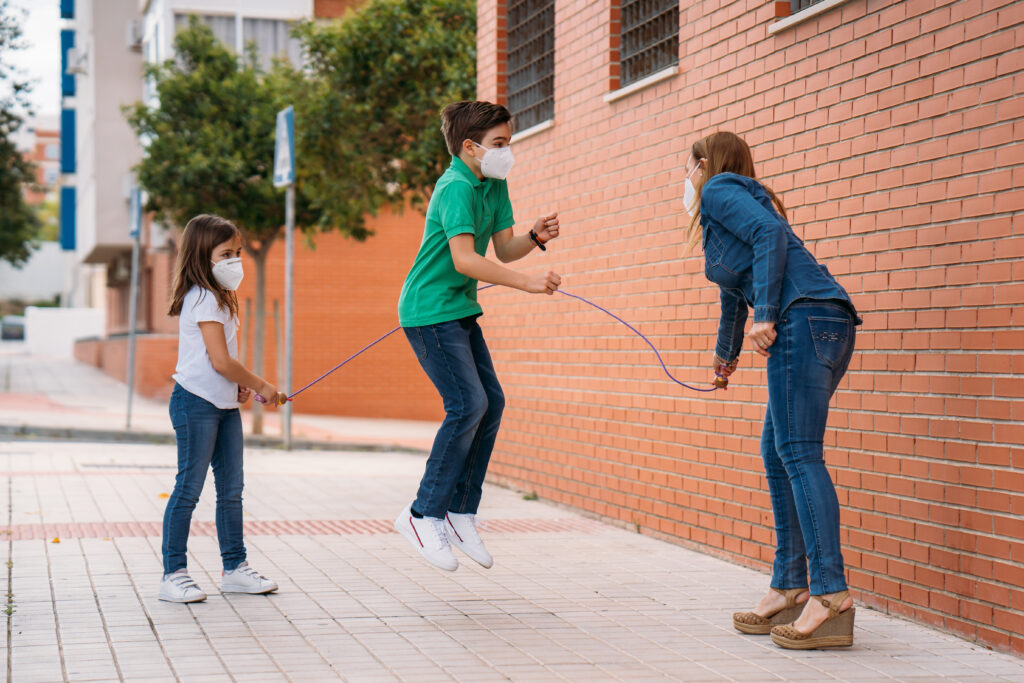Sport dropout and re-engagement
As sport leaders and organizations, we’re often concerned with participant retention. We rarely consider how dropout may play an important role in sport development pathways, or potential pathways for sport re-engagement later in life. The inclusion of sport dropout as a potential pathway in long-term sport participation models could push for a dialogue on how…
Empowering athletes for Safe Sport
A significant culture change in sport is needed to address athlete maltreatment, experts say. One way to bring about change is to amplify athletes’ voices. Including athletes in decision-making can help address the power imbalances that often underpin maltreatment in sports.
Northern sport development
In Canada’s North, sport development opportunities for youth can be few and far between. Small population sizes, large distances between communities, and limited resources create barriers to sport programming. But partnerships between different sports offer a unique opportunity for youth to reap the benefits of participation in multiple sports. They can also increase participant pools…
Physical literacy for life
Physical literacy provides youth with the fundamental movement skills to engage in all types of sport and physical activity. It also helps to build self-image, self-concept and self-efficacy. Giving youth the right skills to enjoy movement for the long-term helps them come back and sustain their motivation to participate in sport and physical activity throughout…
Inclusive approaches to mental health
There are 3 things on mental performance consultant Dr. Chantale Lussier’s radar when she thinks about inclusive approaches to mental health: the cultural (individualistic vs. collectivistic), the relational (intrapersonal vs. interpersonal), and the philosophical (secular vs. spiritual). “Mental health is the stuff that happens between us, not just the stuff that happens in us,” says…
Race pacing for triathletes
Most triathletes use a “positive” pacing strategy, where they gradually decrease their speed as the race progresses. However, research shows that starting slower or staying at a constant speed leads to better results. By adopting a more conservative pacing strategy, triathletes and coaches can improve race performance.
Making evaluation meaningful
“I think that sport has unique evaluation opportunities in that you can measure things like confidence. You might not spot that change in confidence unless you measure these skills at baseline and share that information with the kids.” In the SIRC blog, Chris Penrose, Director of Programs and Operations of Lay-Up Youth Basketball, discusses how…
Supporting mental health in elite athletes
For athletes, mental health can be as important as physical health. Australian researchers encourage sport organizations to use a three-pronged approach to supporting high performance athletes by equipping athletes with skills to manage distress, training coaches to recognize mental health concerns, and working with skilled mental health professionals when needed.
Youth injury prevention
For youth soccer players, injury prevalence and patterns vary with age. A recent study found that injuries tend to increase as players get older. Joint sprains and bone stress injuries are most common in athletes aged 16 to 18, while younger athletes are more prone to growth plate injuries. Tailoring injury prevention measures to age…
Everywhere, all the time, anywhere: Why physical literacy matters

The loosening of COVID‑19 pandemic restrictions on sport and physical activity presents a unique opportunity to dramatically change how we engage young people in sport and physical activity. Pre-pandemic sport participation was marred by high dropout rates among girls and young women, youth from low-income households, and teenagers in general. Recent reports suggest that this…